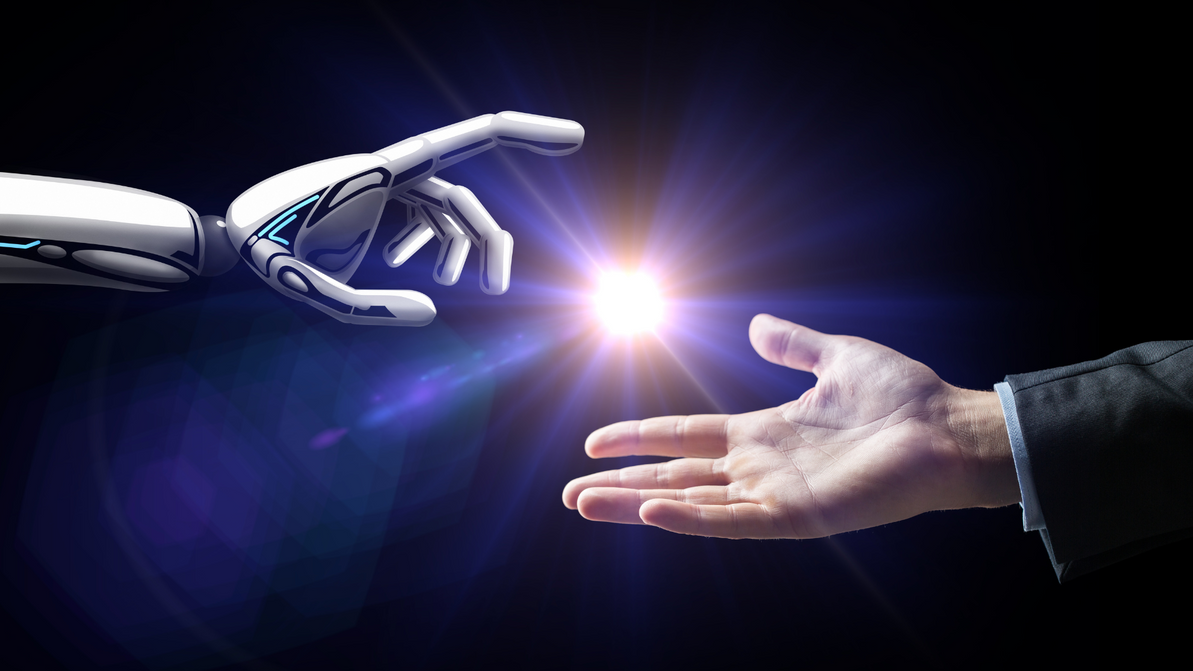The Future of AI in Construction Sales and Rentals
The construction industry, a cornerstone of global economic growth and infrastructure development, is poised for a technological revolution. Artificial Intelligence (AI) is at the forefront of this transformation, offering unprecedented opportunities to enhance efficiency, reduce costs, and improve safety. In particular, AI's application in selling and renting construction products promises to reshape the market landscape profoundly. Let's delve into how AI is set to revolutionize these processes and what the future holds for the construction industry.
AI-Driven Sales Strategies
1. Personalized Marketing and Sales
AI algorithms can analyze vast amounts of data to identify patterns and trends, enabling highly personalized marketing strategies. For instance, AI can assess a construction company's purchasing history, project types, and geographical location to recommend specific products that meet their unique needs. This level of personalization not only enhances customer satisfaction but also increases sales conversion rates.
2. Dynamic Pricing Models
AI can optimize pricing strategies by analyzing market demand, competitor pricing, and historical sales data. Dynamic pricing models allow suppliers to adjust prices in real-time, ensuring competitive yet profitable pricing. This approach maximizes revenue opportunities and keeps suppliers agile in a fluctuating market.
3. Enhanced Customer Support
AI-powered chatbots and virtual assistants can provide 24/7 customer support, addressing queries and concerns instantly. These AI systems can handle routine inquiries, guide customers through the purchasing process, and even assist with after-sales support. By automating these tasks, companies can reduce operational costs and improve customer satisfaction.
Revolutionizing Rental Services with AI
1. Predictive Maintenance and Asset Management
For companies that rent out construction equipment, AI can significantly improve asset management. Predictive maintenance uses AI to analyze data from sensors embedded in machinery to predict potential failures before they occur. This proactive approach minimizes downtime, reduces repair costs, and extends the lifespan of equipment.
2. Optimized Inventory Management
AI can forecast demand for rental equipment based on historical data, upcoming projects, and market trends. This allows rental companies to maintain an optimal inventory, ensuring that they have the right equipment available when needed without overstocking. Such efficiency can lead to significant cost savings and improved customer satisfaction.
3. Enhanced User Experience
AI can streamline the rental process by automating bookings, payments, and equipment tracking. For instance, AI-driven platforms can match customers with the appropriate equipment based on project requirements, availability, and location. This seamless experience reduces the administrative burden on rental companies and makes the process more convenient for customers.
The Impact on the Construction Industry
The integration of AI in selling and renting construction products is set to have far-reaching impacts:
- Increased Efficiency: Automation of routine tasks and optimization of processes will lead to higher productivity and efficiency.
- Cost Savings: Predictive maintenance and optimized inventory management will reduce operational costs.
- Better Decision-Making: AI-driven insights will enable companies to make informed decisions, enhancing strategic planning and execution.
- Improved Safety: Predictive analytics can help identify potential safety hazards, reducing the risk of accidents on construction sites.
Challenges and Considerations
While the benefits of AI are substantial, there are challenges to consider:
- Data Privacy: The use of AI requires the collection and analysis of large amounts of data, raising concerns about data privacy and security.
- Skill Gaps: The construction industry will need to invest in training and development to ensure that the workforce is equipped to work with AI technologies.
- Initial Investment: Implementing AI solutions can require significant upfront investment, which may be a barrier for smaller companies.
Conclusion
The future of AI in selling and renting construction products is bright, with the potential to transform the industry in numerous ways. By embracing AI, companies can enhance efficiency, reduce costs, and improve overall project outcomes. As technology continues to evolve, those who adapt and integrate AI into their operations will be well-positioned to lead the construction industry into a new era of innovation and growth.
The construction industry's journey with AI is just beginning, and the possibilities are limitless. Now is the time for companies to explore and invest in AI technologies to stay competitive and drive future success.
Recent Posts
-
The 5 Biggest Fall Risks on Roofs
Roofing combines elevation, motion, debris, power tools, material staging, and constantly changing w …Feb 24th 2026 -
The Strange Evolution of Roofs (And Why We Still Need Scaffolding to Build Them)
Roofs are one of the oldest building elements in human history. And somehow… they’ve only gotten mor …Feb 23rd 2026 -
Roof Safety Week Starts Monday !!!
At Southwest Scaffolding, we know roofing is one of the most important — and most dangerous — parts …Feb 20th 2026




